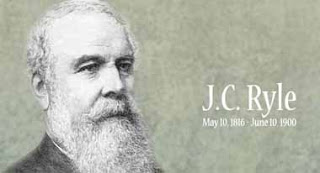Notable Quote: J. Gresham Machen

J. Gresham Machen (1881–1937) on being a truthful witness through sound doctrine . . .
. . . the Epistles of Paul and all the sources make it abundantly plain that the testimony was primarily not to inner spiritual facts but to what Jesus had done once for all in His death and resurrection.
Christianity is based, then, upon an account of something that happened, and the Christian worker is primarily a witness. But if so, it is rather important that the Christian worker should tell the truth. When a man takes his seat upon the witness stand, it makes little difference what the cut of his coat is, or whether his sentences are nicely turned. The important thing is that he tell the truth, the whole truth, and nothing but the truth. If we are to be truly Christians, then, it does make a vast difference what our teachings are . . .
Christianity & Liberalism, pg. 53
Labels: Quotes







